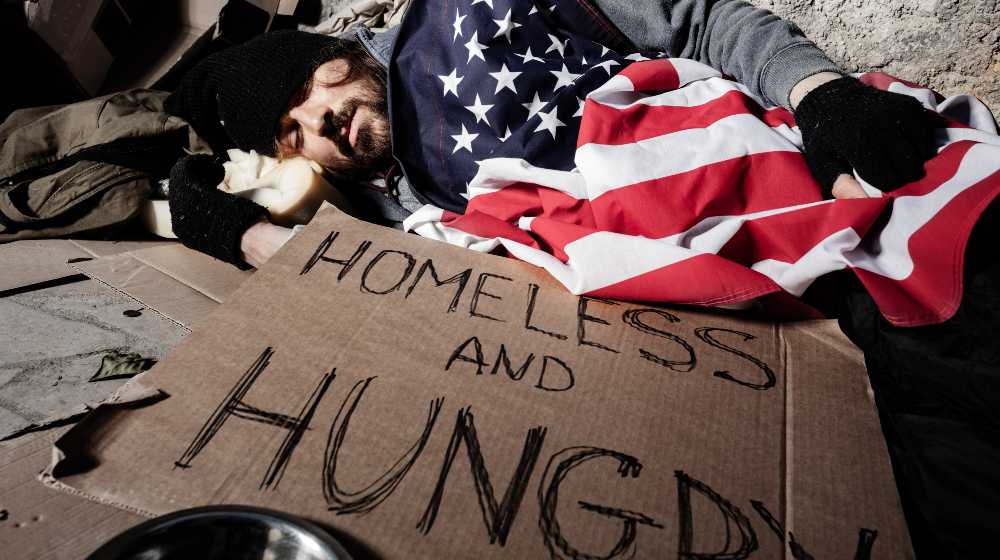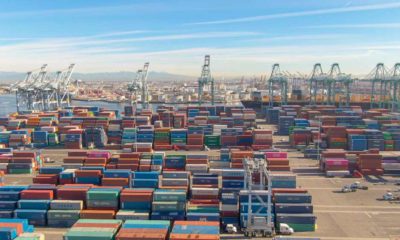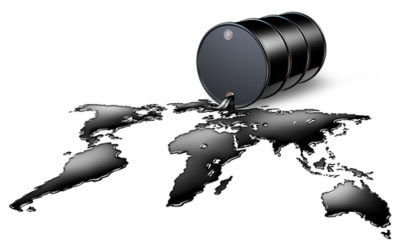COVID-19
COVID-19 Pushed 31 Million People Into Dire Poverty

According to the 2021 Goalkeeper report, COVID-19 pushed 31 million people worldwide into dire poverty. This resulted in a reversal of the progress made during the last four years. The Bill and Melinda Gates Foundation commissioned the Goalkeeper report, which is now in its fifth year.
RELATED: Social Security Will Run Out of Money Sooner Than Expected
31 Million People Pushed Into Dire Poverty
The report, published Monday, said that 31 million people fell into dire poverty levels. The major cause is the COVID-19 virus, which led to a “significant” reversal in a number of global health efforts.
In effect, it reversed global progress on eliminating poverty by four years. The report examined global progress on vaccine access, reducing poverty, and other health issues.
It also concluded that the pandemic led to reversals in routine childhood vaccination rates. It also widened the education gap between rich and poor nations. In addition, the pandemic increased health inequities.
Gates Foundation CEO Mark Suzman discussed the report in advance with reporters. He said that “instead of having tens of millions of people being brought out of extreme poverty,” the virus brought 31 million more people to dire poverty. “We see stagnation in progress on other indicators, from stunting and nutrition to some of the challenges in education,” Suzman added.
Call For Long Term Investments
The 63-page report called on world leaders to help reverse the trend. It suggested that they make long-term investments to develop and manufacture vaccines as well as improve public health infrastructure.
In particular, the focus should go to low-income countries. There, many people became prone to the economic effects of the pandemic.
Soon after the World Health Organization declared a COVID-19 pandemic, global economic activity went standstill. Millions of people suddenly lost their jobs. Many businesses had to shutter for fear of spreading infection.
Meanwhile, governments implemented public health measures such as shutdowns and quarantines to slow the spread of the virus. More than a year into the pandemic, world health officials and health experts fear that things can get worse before they get better.
Vaccination rates remain low in many countries. While the WHO said that the world’s population received 5.5 billion Covid vaccine doses, many of those ended up in high or upper-middle-income countries. Aside from supply, new variants emerge that force countries to restart their safety measures.
Poverty Reduced from 37% to 9% in the last Twenty Years
By dire poverty, it means that a person lives on $1.90 a day. Over the last twenty years, the number of people living in dire poverty fell from 37% to 9%. Unfortunately, efforts to reduce poverty levels even further are presently stagnant.
Current poverty levels will remain as is for the next few years until the world solves the virus problem. Unfortunately, low-income countries hold less than 1% of all COVID-19 vaccine doses.
“With the majority of rich countries largely vaccinated, most of them will see a recovery to pre-crisis per capita income this year.
But by next year, two-thirds of developing countries will still be below their 2019 per capita … and some countries are going to face many more years before they return to 2019 levels,” Suzman said.
The report also called the vaccine inequities among higher and lower-income countries a “profound moral outrage”. This inequity can eventually lead the wealthier countries to see COVID-19 as “not my problem” and another example of an “epidemic of poverty.”
Watch the Gates Foundation video on GOALKEEPERS 2021: 3 responses to COVID-19 with Bill Gates:
Do you agree that solving the poverty problem will need to pause until the COVID-19 pandemic is over? Who should take the lead in reducing the economic impact of the pandemic?
Share with us what you think about the economic impact of COVID-19. Leave your comments below.















